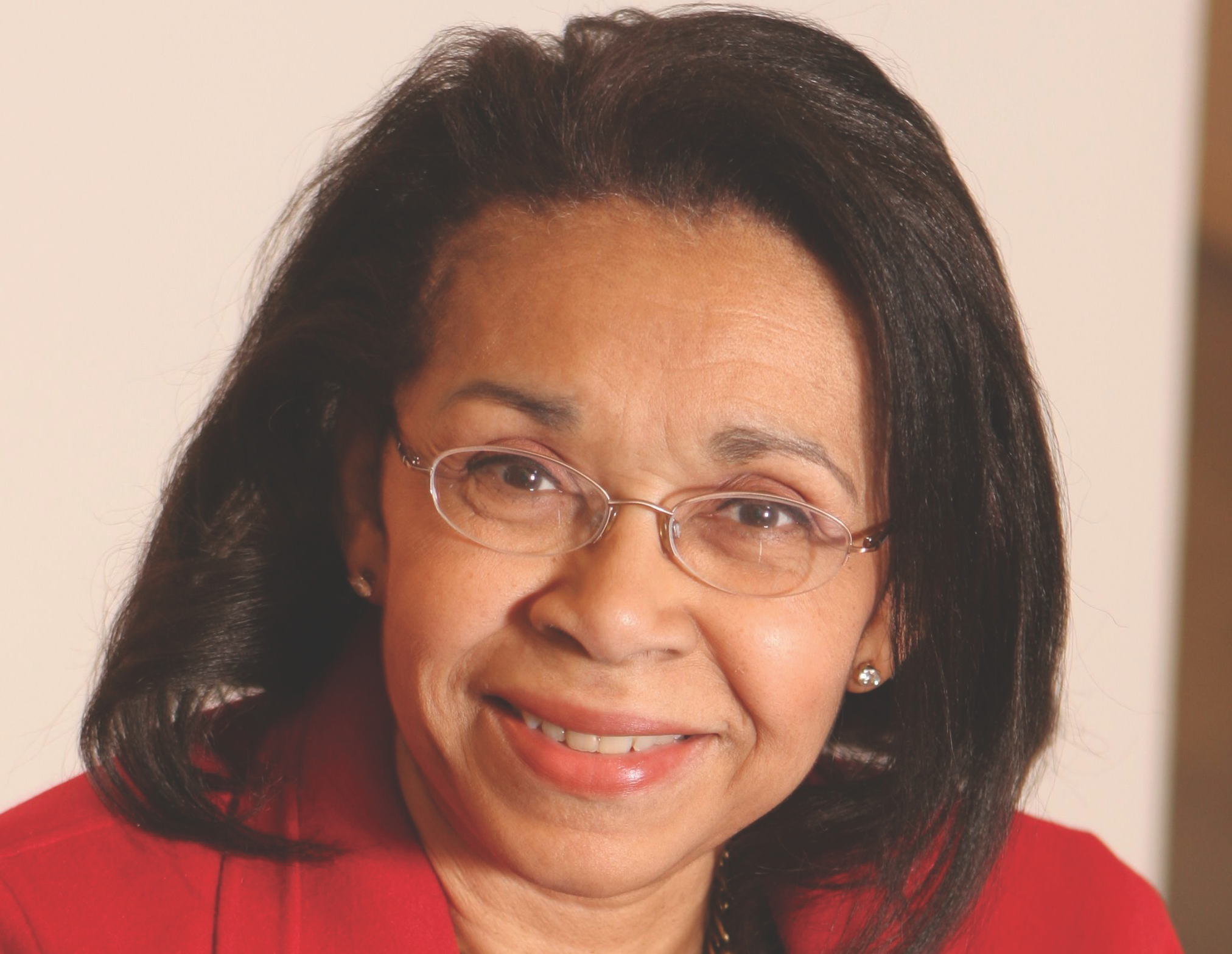
- This event has passed.
Physics Department Martin Luther King Colloquium | Justice in Science: Where We Stand at Times of Challenge and Controversy
January 29 @ 3:00 pm - 4:00 pm

The title of my talk was inspired by Dr. King’s quote regarding “The ultimate measure of a man” [person]. It is not where one stands in moments of comfort and convenience but where one stands at times of challenge and controversy.
I began college during the Civil Rights era, at the height of Dr. King’s work to promote social justice. After a K-12 education in the segregated schools of Birmingham, Alabama, I chose to pursue a career in science. This choice was not only a personal decision or a patriotic act but, in many ways, an act of resistance. By following my interests, I resisted the label that, as a young Black woman, I might be intellectually unfit to study science.
Echoes of the past continue to swirl in today’s conversations about who can and cannot do science. This presentation will explore the meaning of “justice in science” and discuss positive changes that might open science to diversity and lived experiences that promote excellence.
Background: Shirley Malcom is Senior Advisor to the CEO and Director of the SEA Change initiative at American Association for the Advancement of Sciences (AAAS). She works to improve the quality and increase access to education and careers in STEM fields, as well as to enhance public science literacy. Dr. Malcom is a trustee of Caltech and a regent of Morgan State University, and a member of the SUNY Research Council. She is a former member of the National Science Board, the policymaking body of the National Science Foundation, and served on President Clinton’s Committee of Advisors on Science and Technology. Malcom, a native of Birmingham, Alabama, received her Ph.D. in ecology from The Pennsylvania State University, a master’s in zoology from UCLA, and a bachelor’s with distinction in zoology from the University of Washington. She holds 16 honorary degrees.

